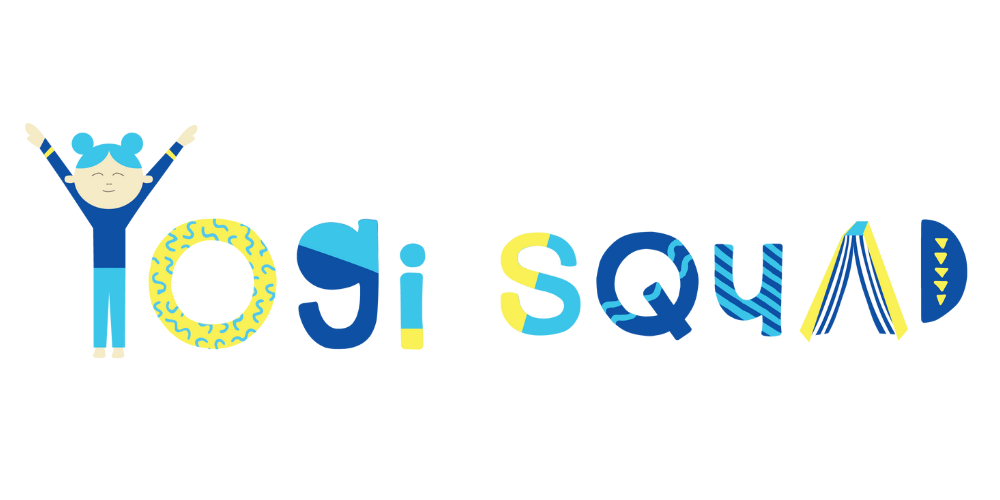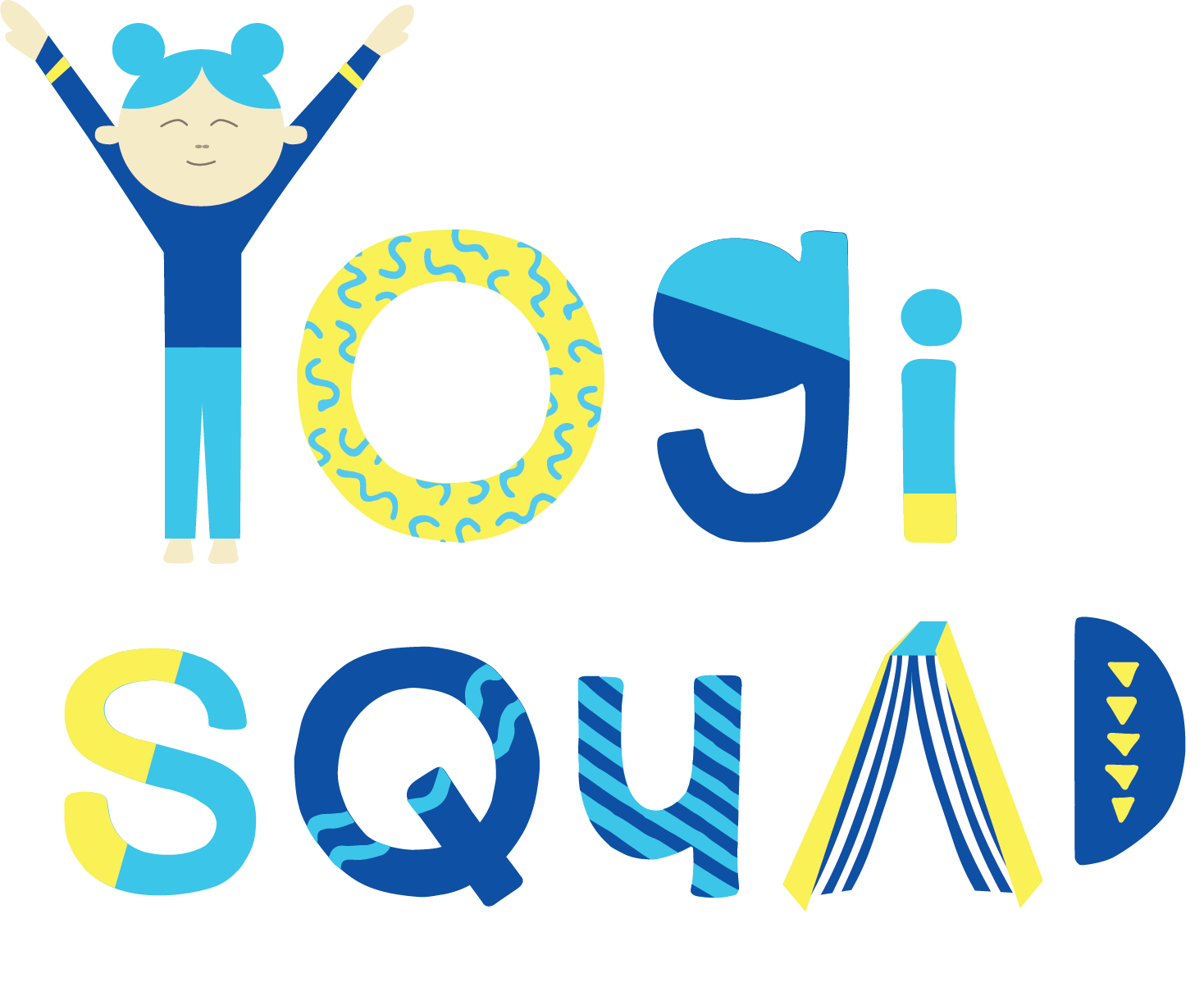Mindfulness Education Matters
In 2017, the Robert Wood Johnson Foundation published a report stating an increase in ACEs (Adverse Childhood Experiences) consistent across every state in the country. “Nationally, more than 46 percent of U.S. youth—34 million children under age 18—have had at least one ACE, and more than 20 percent have had at least two… New data (also) shows that 33 percent of children with two or more ACEs have a chronic health condition involving a special health care need, compared to 13.6 percent of children without ACEs.” - Robert Wood Johnson Foundation Report
Stress, anxiety, and depression are invading the lives of our children at an alarming rate. A rate that has only been compounded in recent years. Our children are struggling with self-regulation, coping strategies, increased screen time, and reduced play and physical connection. In addition, isolation and quarantining have set back social and emotional growth.
So how do we give kids the tools they need to help them make better decisions for themselves, help them manage environmental stressors, and feel safe in their own bodies? Mindfulness!
Mindfulness exercises give kids practice using strategies that help with focus and self-regulation. These exercises assist in creating a safe space to explore emotional expression. Mindfulness in the classroom decreases stress and anxiety, boosts confidence and morale, and minimizes distractions and disruptions, allowing teachers to teach and kids to learn!
Mindfulness practices are magical if they are practiced routinely with consistency. It's in those calm, quieter moments that kids learn to use and retain these skills, so they have the knowledge and experience to use them when they actually do become in need.
Interested in starting a mindfulness practice with your family? You can start practicing with Ms. Brooke on Yogi Squad’s YouTube channel today. Check out our Mindful Minutes playlist!


